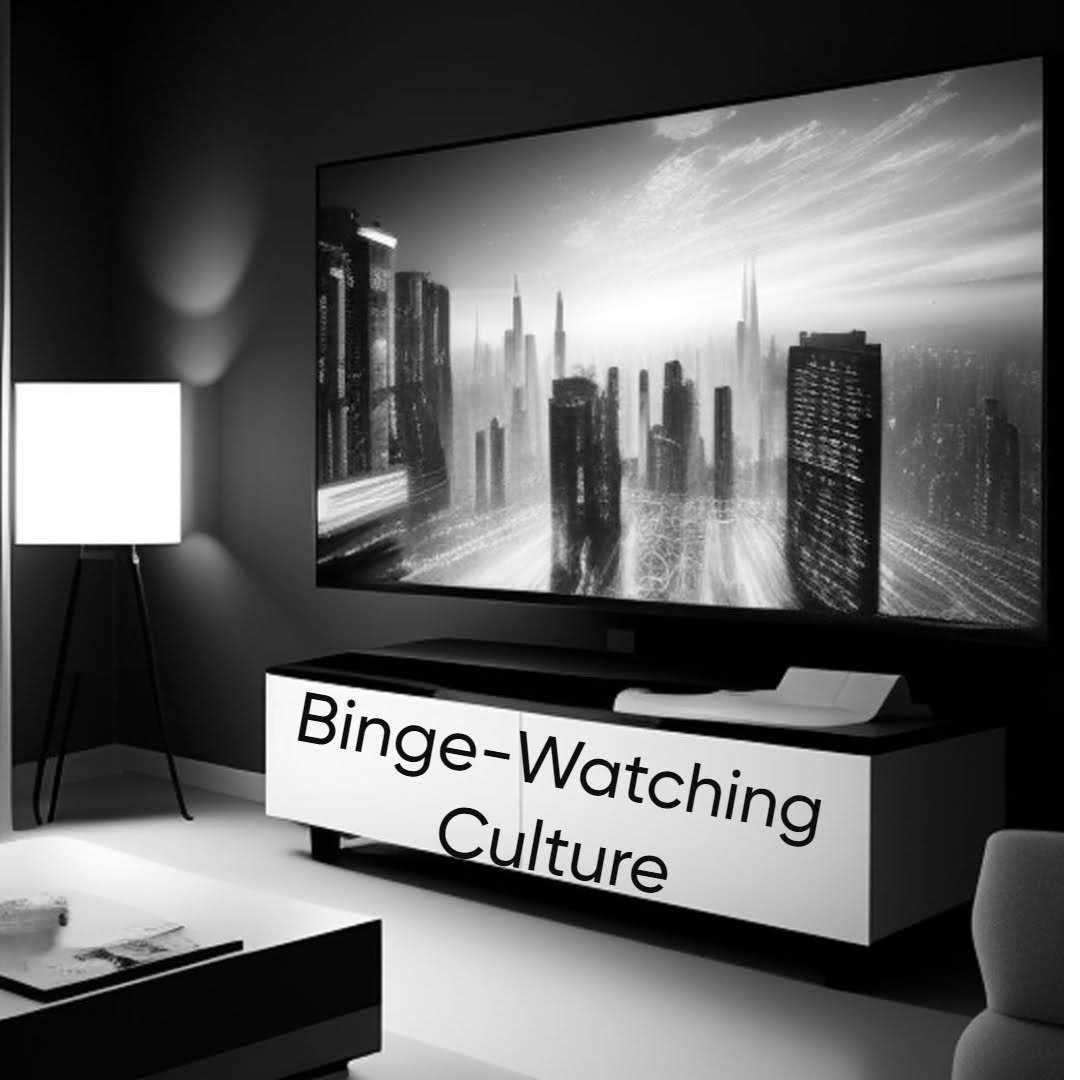In the not-so-distant past, “binge-watching” was associated with a guilty pleasure, a weekend marathon of a favorite TV show, or an entire season of a beloved series. However, with the advent of Video On Demand (VOD) streaming services like Hulu South Africa, binge-watching has become a cultural norm, fundamentally altering the way we consume content.
The Rise of Binge-Watching
The traditional model of weekly episodic releases has given way to the all-you-can-watch buffet offered by platforms like Hulu, Netflix, and Amazon Prime Video. This shift has not only transformed how we engage with television but has also reshaped the narrative structure of storytelling itself. No longer constrained by the need to keep viewers hooked week after week, creators now have the freedom to craft narratives with a more extended and immersive arc.
Changing Viewing Habits
One of the most significant impacts of VOD on our viewing habits is the decimation of the once-dominant prime time. Viewers, including those in South Africa, are no longer tethered to their TV screens at a specific hour; instead, they have the autonomy to choose when and where they consume content. This shift has blurred the lines between traditional television and online streaming on Android, creating an on-demand culture that caters to the viewer’s schedule rather than the broadcaster’s timetable.
The Psychological Appeal
The binge-watching trend is not merely a consequence of technological advancements; it also taps into fundamental aspects of human psychology. The anticipation of the next episode, the suspenseful cliffhangers, and the desire for instant gratification all play a role in fostering a binge-watching culture, whether you’re in the USA. Some of the VODs leverage these psychological triggers, keeping viewers engaged and addicted to the continuous flow of content.
Impact on Sleep Patterns
While binge-watching provides an immersive and often enjoyable viewing experience, it has raised concerns about its impact on sleep patterns, a concern shared by viewers in South Africa. The temptation to watch “just one more episode” can lead to late-night viewing marathons, contributing to the prevalence of sleep disorders. Research has shown a correlation between excessive binge-watching and poor sleep quality, highlighting the need for awareness and moderation in our newfound viewing habits.
The Social Aspect
Contrary to the solitary image often associated with binge-watching, it has also become a social activity. The shared experience of watching a popular series simultaneously has given rise to online communities, where fans can discuss, theorize, and dissect every episode. This communal engagement has transformed the viewing experience from a private affair to a collective, shared journey, connecting viewers across the USA and South Africa through platforms like Hulu.
Challenges for Creators and Platforms
While binge-watching offers unparalleled convenience for viewers, it presents challenges for content creators and streaming platforms. The pressure to release an entire season at once can be daunting, and the “binge-ability” of a show often becomes a critical factor in its success. Striking the right balance between episodic engagement and binge-worthy content is an ongoing challenge in the dynamic landscape of VOD, especially for services catering to diverse audiences, such as Hulu South Africa.
The Future of Binge-Watching
As VOD, continues to shape our viewing habits, the future of binge-watching remains intriguing. Will attention spans continue to shorten, leading to even more condensed narrative formats? Or will there be a resurgence of appreciation for the slower, weekly release model? Only time will tell how this cultural shift, is embraced by viewers worldwide.
Conclusion
In the era of VOD, binge-watching has become a defining aspect of our viewing culture. It has redefined how we engage with narratives, altered our sleep patterns, and even influenced the creative process behind our favorite shows. As we navigate this brave new world of on-demand content, it’s essential to balance the convenience of binge-watching and the mindful consumption of media for a healthier viewing experience, whether you’re in the USA or enjoying other regions’ diverse content library.



Leave a Reply